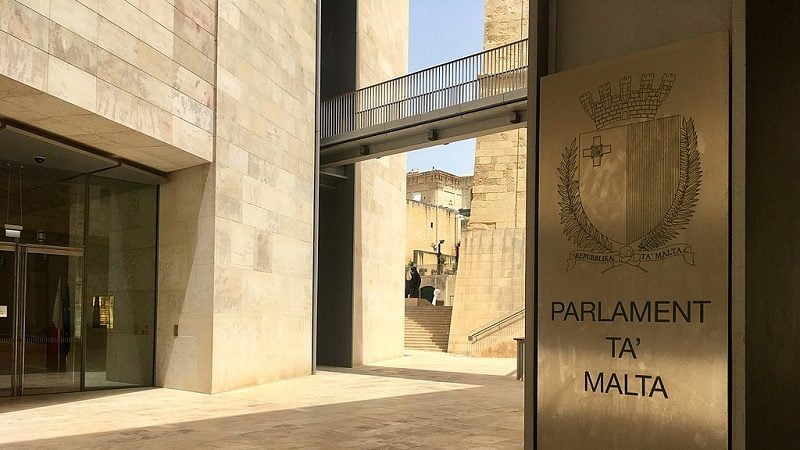The Speaker of the House, Anglu Farrugia, is insisting that he will not be providing The Shift’s journalists with access to the income tax declarations of MPs arguing that he would be “breaching the law”.
Declaring his position during the House Business Committee after the issue was raised by Opposition Whip Robert Cutajar, Farrugia insisted that the law which regulates the granting of such information had not been updated to reflect the latest changes to the Media and Defamation law.
The Speaker – a former Labour Deputy Leader himself – placed the onus of responsibility on the Head of the Department of Information (DOI) Paul Azzopardi, who informed him that The Shift was not included in the government’s press register. This, Farrugia said, tied his hands.
“This is not something which I am choosing not to do. This is a situation where the law is not updated and as things stand, I cannot do anything,” he told the parliamentary committee.
The Speaker insisted that his decision was based on legal advice obtained from the former Dean of the Faculty of Law, Professor Ian Refalo, who is regularly brought in to justify controversial government decisions.
When raising the issue, the Opposition Whip made it clear that the PN is all for transparency and had no objection to the Speaker providing The Shift’s journalists with access to MPs’ tax declarations.
Labour Whip Glenn Bedingfield did not have an opinion on the issue, saying only that “The Shift could always register with the DOI”.
The issue hinges on the interpretation of two different and conflicting laws.
While the Income Tax Management law, which grants editors access to MPs’ income tax returns, states that the Speaker should give access to registered editors of newspapers, a new law enacted in 2018 has removed the need for a news service to register with the DOI.
As the Income Tax law has not been updated to reflect the new press rules, the Speaker and the DOI are using this anomaly to deny The Shift access to critical information required to investigate the actions of representatives in parliament.
The Shift, in view of the 2018 changes in the Media and Defamation law, refuses to register with the DOI – an archaic system which even goes against provisions of press freedom enshrined in the European Convention of Human Rights.
The new law clearly states that media houses are not obliged to register and does not make registration a precondition to access government information. It states that “whosoever is an editor or a publisher of a newspaper, may, if he so elects,” be part of the media register.
Notwithstanding this crucial change, the government’s DOI still refuses to send The Shift any of the government’s press releases or list of daily government events, thereby preventing journalists from asking the necessary questions.
The issue was also raised by The Shift during the public inquiry into the assassination of Daphne Caruana Galizia.
Originally, when the Labour government had floated changes in the law, it had attempted to insert an obligation for media organisations to register. This was met with resistance and the clause was excluded, at least on paper.
Mainstream media organisations did not contest the registration requirement that was maintained in practice, freeing the DOI to say that those who refuse to register are just being ‘difficult’ rather than defending the right to access information in the public interest without being artificially constrained by government’s malign bureaucracy.
The Shift’s journalists are thus denied the ability to scrutinise the tax declarations of MPs because the government in Malta does not recognise them as journalists, despite the international credentials of its journalists and their work that has received a number of prestigious international awards.














Bing a lawyer anglu interprets the law in his making.
One and all know where the heart of ian refalo beats !
Asking Ian Refalo for advice regarding anything that could be detrimental to the Government is like asking Robert Abela if he has taken any decision in the last few months, the consequences of which that he could not blame on anybody else.